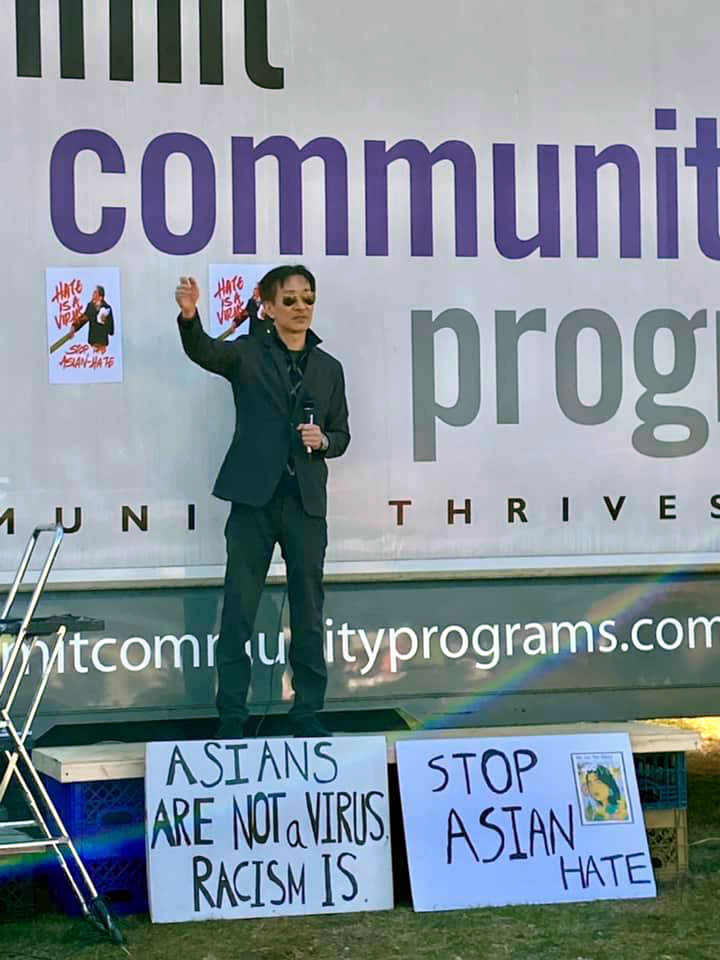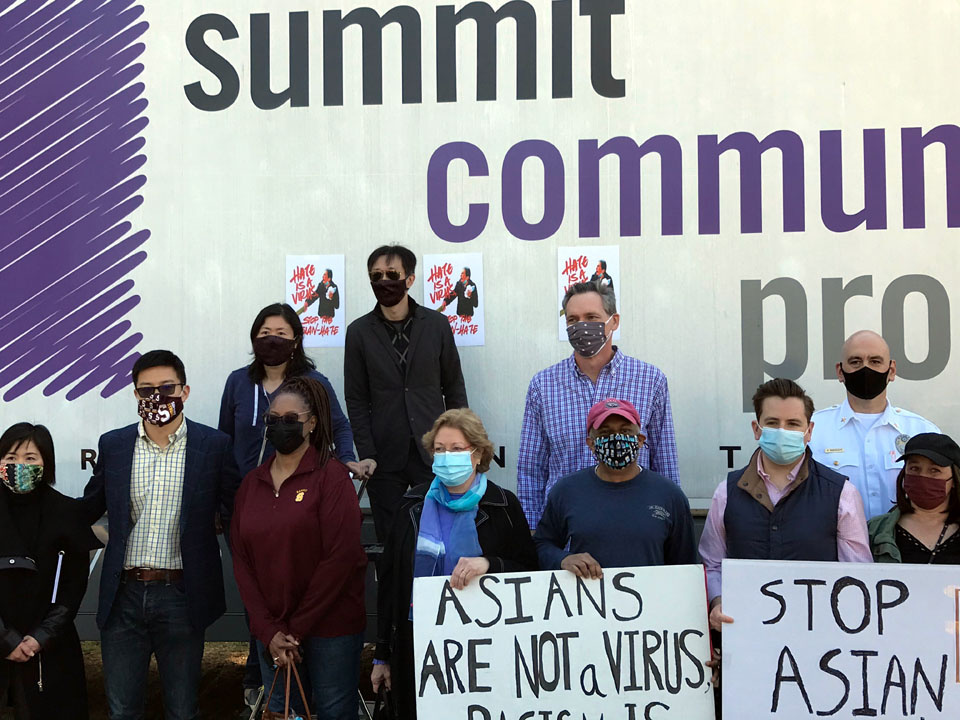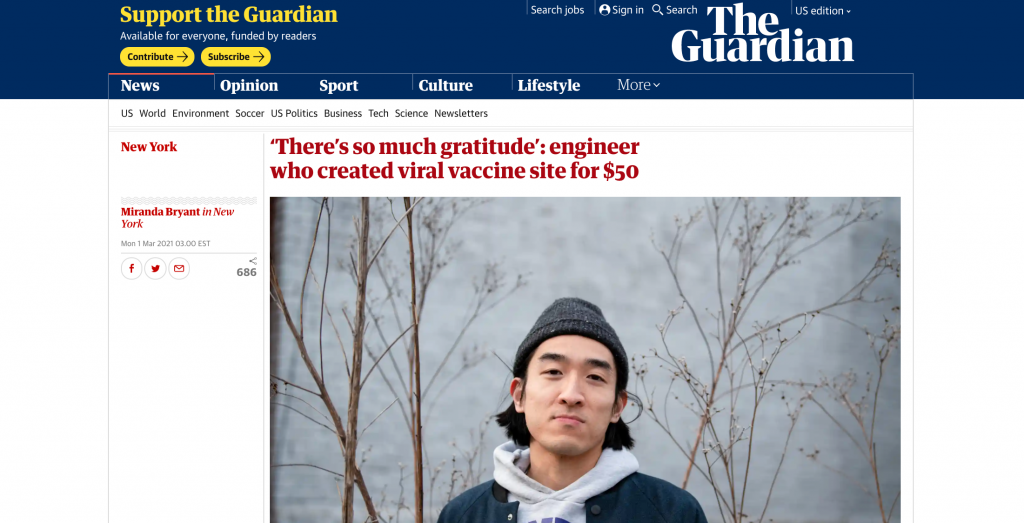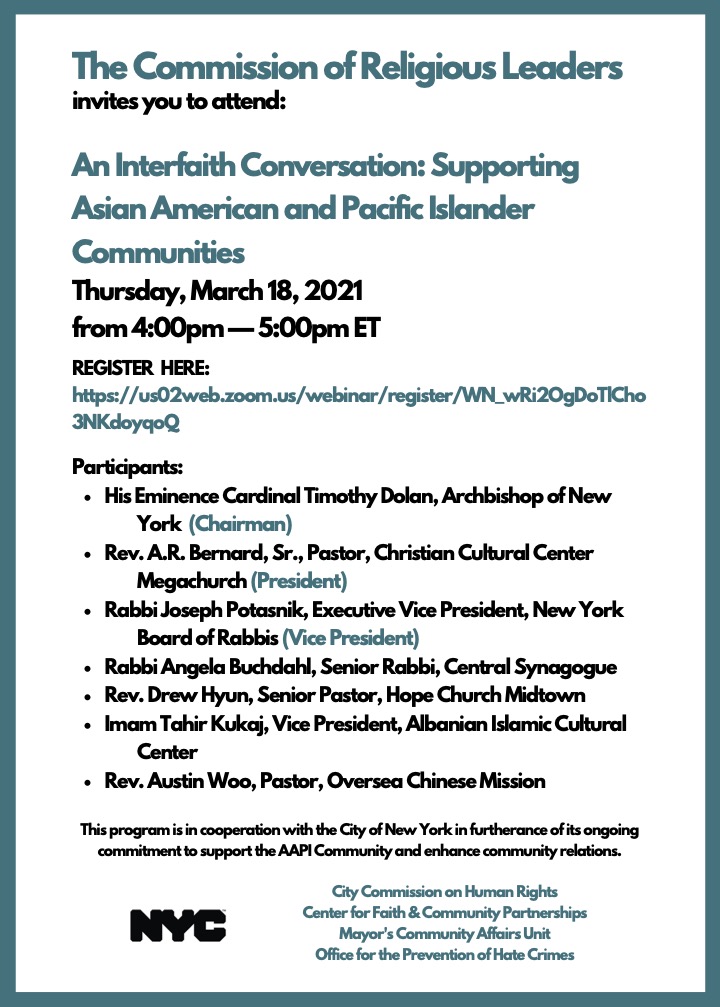For Immediate Release: Date: April 22, 2021
Contact: Priya Purandare, Executive Director
Today, the United States Senate, in an overwhelmingly 94-1 bipartisan vote, passed S. 937, the “COVID-19 Hate Crimes Act” introduced by Senator Mazie Hirono (D-HI). This legislation requires that the U.S. Department of Justice designate a point person whose sole responsibility is to facilitate the expedited review of hate crimes related to the COVID-19 pandemic. Notably, the legislation recognizes a “COVID-19 hate crime” as an act of violence motivated by the actual or perceived relationship to the spread of COVID-19 of any person based on their race, ethnicity, age, color, religion, national origin, sexual orientation, gender, gender identity, or disability. The Senate-passed legislation also incorporates the Jabara-Heyer No Hate Act which increases resources for hate crimes reporting and assistance for victims of hate crimes.
“NAPABA congratulates the Senate for passing this important legislation, and Senator Hirono for her leadership on this issue,” said NAPABA President A.B. Cruz III. “This bill squarely addresses one of the root causes of the increase in hate crimes and bias-motivated incidents being committed against the Asian American community – the dangerous rhetoric and falsehood that somehow Asian Americans are responsible for the COVID-pandemic. NAPABA is committed to ensuring justice for hate crimes and hate-motivated incidents committed against the Asian American community, and looks forward to swift passage in the House and enactment into the law.”
NAPABA believes this bill will help state and local law enforcement to better investigate and record hate crimes and hate incidents and prosecute them where appropriate. The legislation also requires the Department of Justice to issue guidance on establishing online hate crimes and hate incident reporting in multiple languages, and to work with the Department of Health and Human Services to issue guidance on best practices to mitigate discriminatory language in describing the COVID-19 pandemic. In response to the surge in attacks against Asian Americans in the wake of the pandemic, NAPABA in partnership with the APIA Health Forum have produced a hate crimes reporting toolkit – translated into 25 languages and English – the single largest collection of different AAPI-language materials assembled, that provides basic and critical information for victims, community based organizations, and community leaders.
###
The National Asian Pacific American Bar Association (NAPABA) represents the interests of approximately 50,000 legal professionals and nearly 90 national, state, and local Asian Pacific American bar associations. NAPABA is a leader in addressing civil rights issues confronting Asian Pacific American communities. Through its national network, NAPABA provides a strong voice for increased diversity of the federal and state judiciaries, advocates for equal opportunity in the workplace, works to eliminate hate crimes and anti-immigrant sentiment, and promotes the professional development of people of color in the legal profession.





